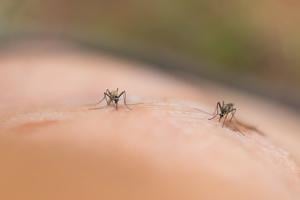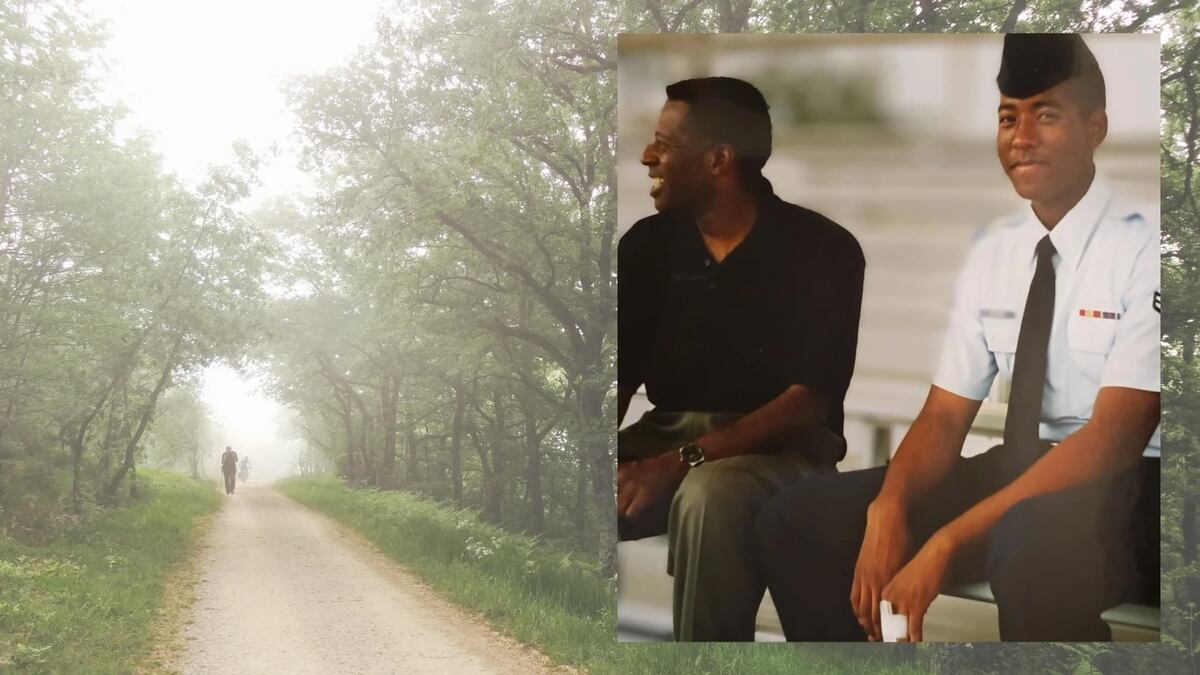
In a unique blend of science and entertainment, researchers at Radboud University Medical Center in the Netherlands conducted an intriguing study during the Lowlands Festival, held in Biddinghuizen from September 20 to 22, 2025. This pop-up laboratory aimed to unravel the mystery of why certain individuals attract more mosquitoes than others. Festivalgoers eagerly participated in what was dubbed the “Mosquito Magnet Trial,” lining up to have their personal mosquito attraction measured.
Innovative Research Methodology
Over the festival’s three-day span, scientists transformed shipping containers into makeshift laboratories, operating from 9 a.m. to 10 p.m. each day. Participants were invited to rest their arms against transparent acrylic boxes housing caged mosquitoes. As the insects reacted to the unique human scents, a sophisticated camera and computer system tracked their movements and calculated an individual “attraction score.” The study attracted over 500 volunteers, yielding varied results on mosquito preferences.
The findings, published in a preliminary report on bioRxiv.org, revealed several surprising correlations. Notably, festival attendees who consumed beer were found to be 44% more attractive to mosquitoes compared to those who abstained. Similarly, individuals who had recently used cannabis also recorded higher attraction scores. Interestingly, participants who had shared close sleeping quarters the previous night were more likely to attract the insects.
Potential Solutions and Precautions
Despite the various factors increasing attraction, researchers identified a simple preventative measure. Those who applied sunscreen were about 50% less attractive to mosquitoes than those who did not use it. This suggests that sunscreen could serve as an unexpected deterrent to these pests.
Felix Hol, the lead researcher and a quantitative biologist, expressed his delight at the public’s enthusiastic participation. “You’d hear loud cheers when a score popped up on the scoreboard,” he noted. “I was really completely overwhelmed by the enthusiasm for the project and for science in general.”
While the results offer valuable insights, Hol urged caution in interpreting the findings due to the unconventional setting of the festival and the specific demographic of volunteers. The study primarily involved young adults who enjoy camping, which may not accurately represent the broader population.
Despite these limitations, the study presents a fun exploration into mosquito behavior and personal susceptibility to bites. Hol humorously summarized his advice for avoiding mosquito attraction: “Don’t drink beer, don’t smoke weed, don’t sleep with people, and put on your sunscreen.” Alternatively, he suggested wearing long sleeves as another effective strategy.
For further information on preventing mosquito bites, the U.S. Centers for Disease Control and Prevention offers comprehensive guidelines. As research continues, the findings from this study highlight the fascinating interplay between human behavior and insect attraction.







